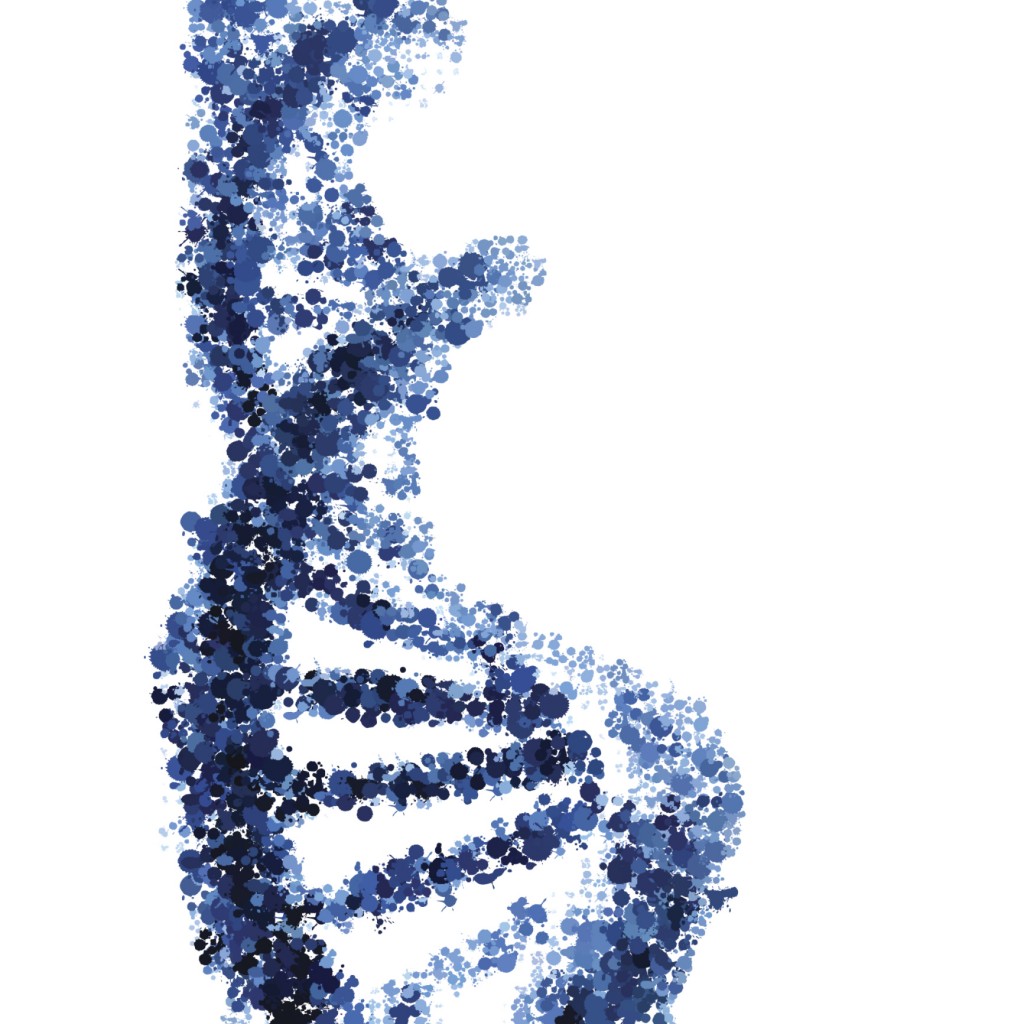It is commonly believed that ageing depends on approximately 35% of our genetic (genome) predisposition and 65% depends on our interaction with the environment (background).
A study published in the prestigious British Medical Journal has confirmed the correlation between the Mediterranean diet, regular physical activity, vitamin D supplementation and the improvement of our Biological Age (greater telomere length).
Neolife medical management
A longitudinal study is one which extends over time during the lifetime of the subject sample and even beyond. Often these studies commence when their original researchers have already died. The on-going large-scale longitudinal studies that are currently active are:
The Framingham Heart Study which has been studying cardiovascular risk factors since 1948.
- The Cooper Center Longitudinal Study (CCLS), which has studied the effect of cardiovascular fitness on the health of more than 100,000 individuals since 1970.
- The Nurses’ Health Study which has been evaluating numerous health variables in more than 235,000 nurses since 1976.
And then there is the latest study that has been published in the prestigious BMJ, British Medical Journal (1), which studied the correlation between adherence to the Mediterranean diet and the length of telomeres.
It is widely understood by many that the Mediterranean diet that is rich in vegetables, fruits, olive oil, nuts, legumes, whole grains and includes moderate consumption of alcohol can increase longevity and reduce the incidence of chronic diseases such as cardiovascular disease or cancer. On the other hand however, recent studies have demonstrated that the length of telomeres (the final part of the DNA of our cells) has become the biomarker par excellence when determining cellular ageing. There is increased cellular ageing where telomere length is shortened.

There are dozens of studies that have attempted to establish links between lifestyle choices, numerous different diseases and telomere length. For example, smoking, sedentary lifestyle, obesity, stress and cancer are all related to shorter telomeres.
Benefits of the Mediterranean diet
The Mediterranean diet contains important antioxidant and anti-inflammatory effects which presumably could slow the natural shortening of telomeres. This is precisely what the study published in the BMJ attempted to demonstrate. The study included 4,676 middle-aged women who were assessed through a detailed nutritional questionnaire before the telomeric length of their leukocytes were also measured as part of the study. The degree of adherence to the Mediterranean diet was then quantified on a scale of 0 to 9 points.
The results revealed, as expected, that younger women possessed the longest telomeres as well as scoring highest on the adherence to the Mediterranean diet assessment. Both of these statements were independent from any other factors that may otherwise have altered the results such as smoker status, obesity or the degree of physical activity they participated in on a regular basis.
The curious thing about the study is the correlation between the Mediterranean diet score and the subject’s biological age.
Each point on the diet adherence correlated to 1.5 years in biological age. As such, a 50-year-old woman with a score of 6 (3 points below the maximum value of 9), would record a biological age 4.5 years higher than her chronological age, that is to say, 54.5 years.
In addition to this fact the researchers observed that the higher the plasma level of 25-OH cholecalciferol (vitamin D) when coupled with increased levels of physical activity the greater the telomere length in the subject. On the other hand, the researchers have stressed that the women with the best results could have family origins that trace back to immigrants from Mediterranean countries. This is of genetic importance when one assesses the score in relation to adherence to the Mediterranean diet and the resultant length of the telomeres.
Mediterranean diet, measurement of telomeres, regular physical activity, vitamin D supplementation etc., are all, amongst many others, considered to represent continual elements and as such we at Neolife incorporate these elements into our Neolife programs of Age Management.
BIBLIOGRAPHY
(1) Mediterranean Diet and Telomere Length. BMJ 2014; 349: g6843
